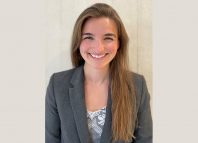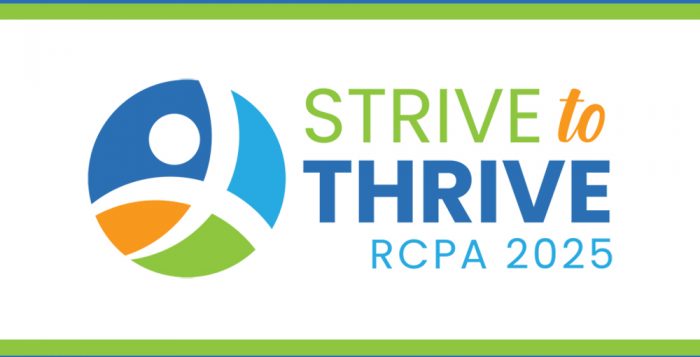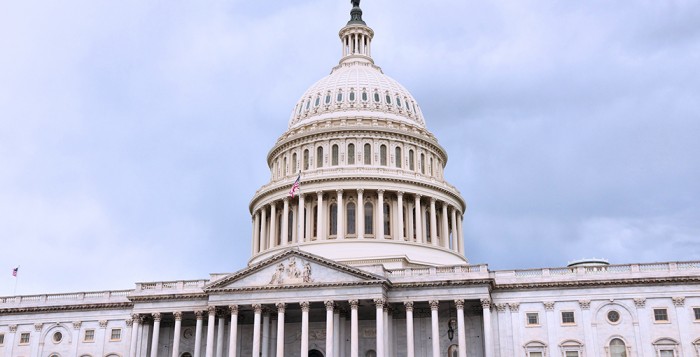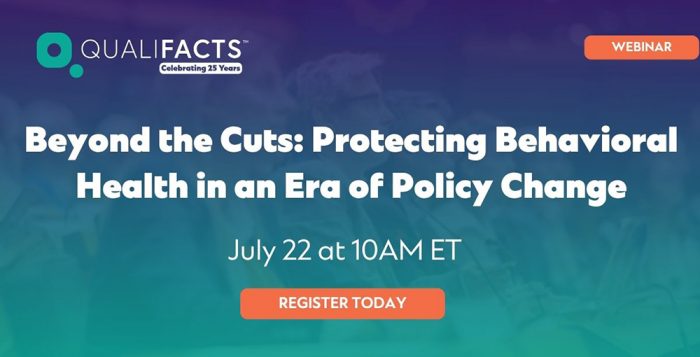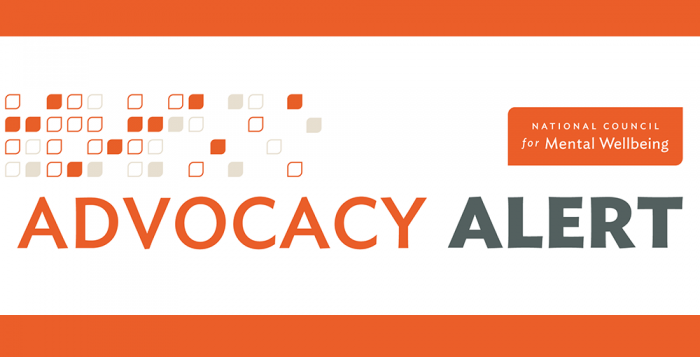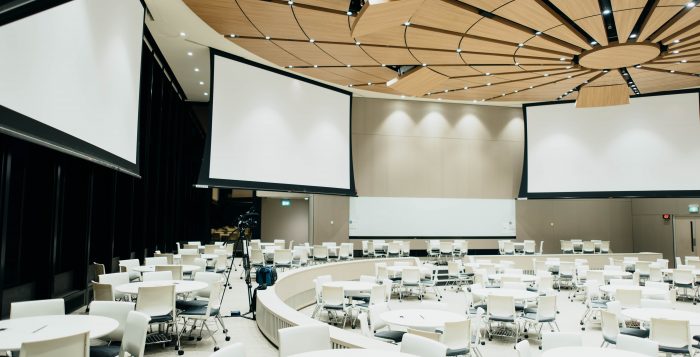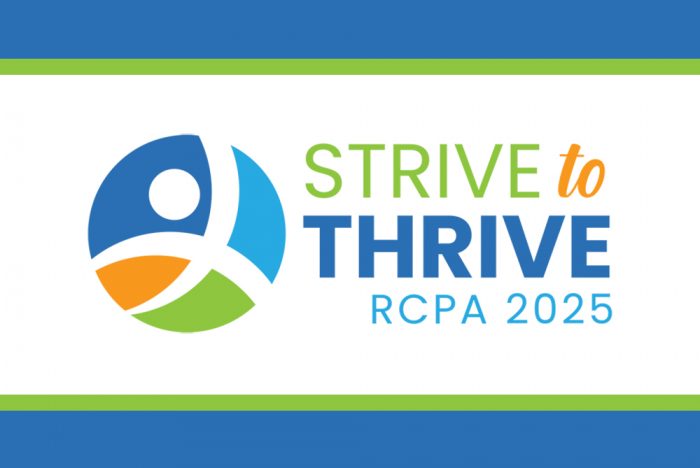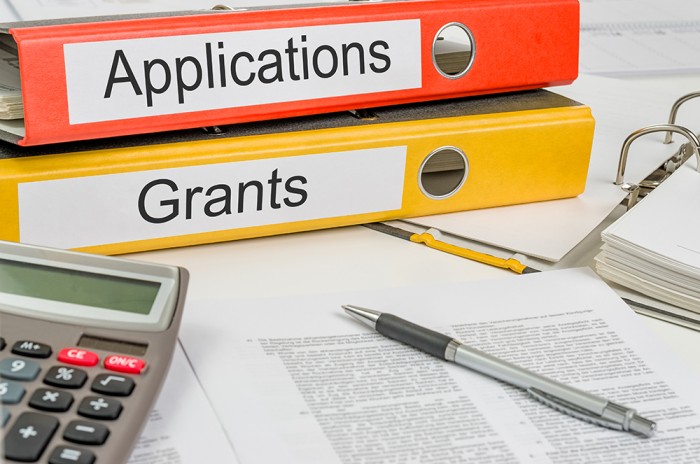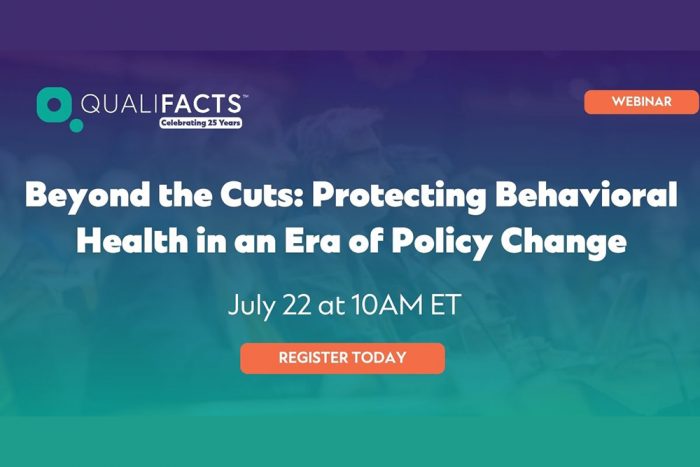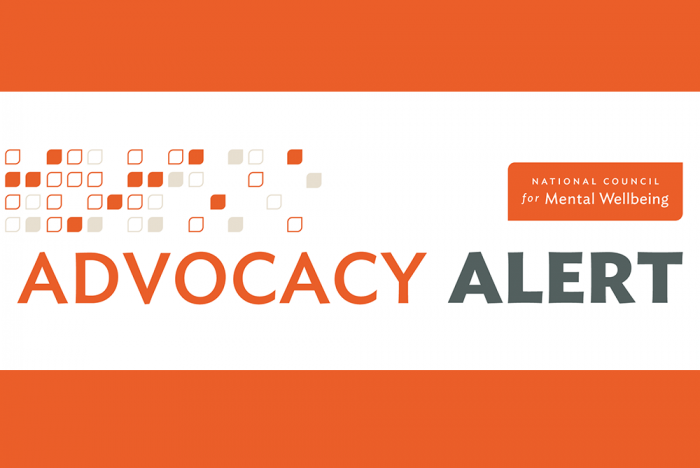RCPA’s 2025 Conference Strive to Thrive will be held in Hershey September 9 – 12, 2025. Early bird rates for registration end August 8! Be sure to register today and take advantage of the early bird rates!
RCPA is proud to host those who lead PA in health and human services at our Annual Conference. This year, DHS Secretary Valerie Arkoosh will be presenting as our kickoff plenary speaker on September 9. Throughout the week, we will hear updates from various departments and leaders of DHS, including:
- ODP Deputy Secretary Kristin Ahrens;
- OLTL Deputy Secretary Juliet Marsala;
- DDAP Deputy Secretary Kelly Primus; and
- OMHSAS Deputy Secretary Jennifer Smith.
View our Registration Brochure for complete details of the conference schedule and speakers. You can also register directly here. Be sure to check the RCPA Conference website regularly for details and updates to the schedule, registration, and sponsors/exhibitors.
In addition to registration, there are still many opportunities available for sponsorship and exhibit booths, so don’t delay! We are grateful to all our sponsors and exhibitors who help make the conference happen. If your organization is interested in sponsoring or exhibiting at our conference, all information is available in our Sponsor, Exhibit, and Advertise Brochure. You can contact Carol Ferenz, Conference Coordinator, for more details.







